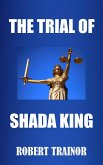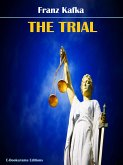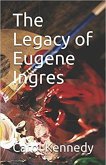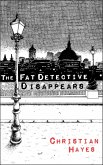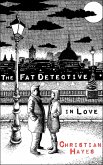Obviously, the rules surrounding circumstantial evidence are favorable to the defense, but the prosecution has another hurdle to overcome in this trial. The day before Derek Kramer was killed, he had been fired from his job, and that night, he made a number of threats that were directed at those he had formerly worked with. Eugene Bishop, along with a few others, had been with Derek when he made the threats to commit mass murder, and the prosecutor is concerned that Eugene's defense is actually based on a concept called jury nullification. Jury nullification occurs when the members of a jury believe that a defendant is guilty but choose to acquit the person because they feel the law they are being asked to uphold is unjust or because they believe the punishment for the crime is far too harsh. An obvious example of jury nullification would be a mother who murders, in cold blood, a man who had been convicted of raping and murdering her daughter. The woman makes a full confession to the crime, and there is even a videotape of the mother shooting the man, but the jury acquits the woman because they cannot bearand do not think it is justto send the mother to prison. Thus, the prosecutor must contend with the possibility that some members of the jury may feel that Eugene, although he may have technically committed murder, saved many lives. In the end, the results are not quite as clear as some might like, but this only means that the reader is the real juror in this very challenging case where the scales of justice are so evenly balanced between the competing forces of the law and the safety of innocent people.
Dieser Download kann aus rechtlichen Gründen nur mit Rechnungsadresse in A, B, CY, CZ, D, DK, EW, E, FIN, F, GR, H, IRL, I, LT, L, LR, M, NL, PL, P, R, S, SLO, SK ausgeliefert werden.
Hinweis: Dieser Artikel kann nur an eine deutsche Lieferadresse ausgeliefert werden.



